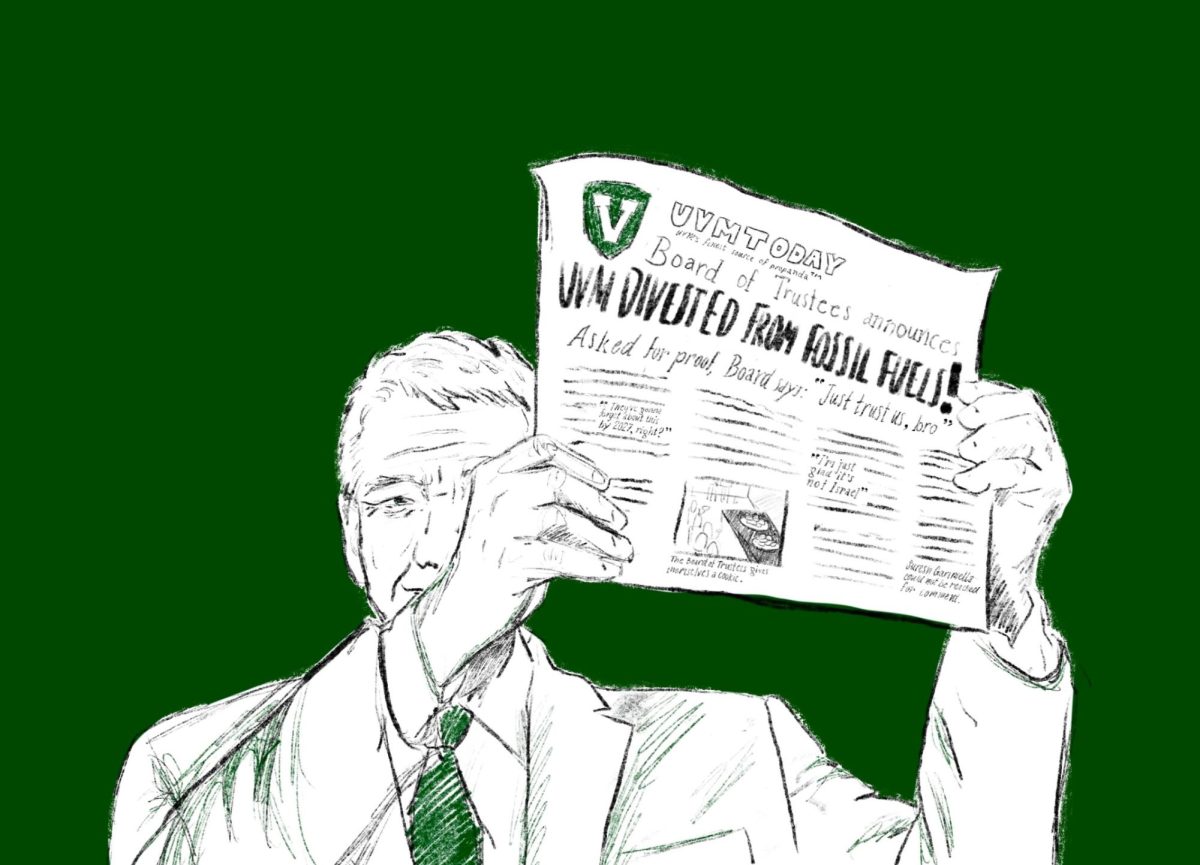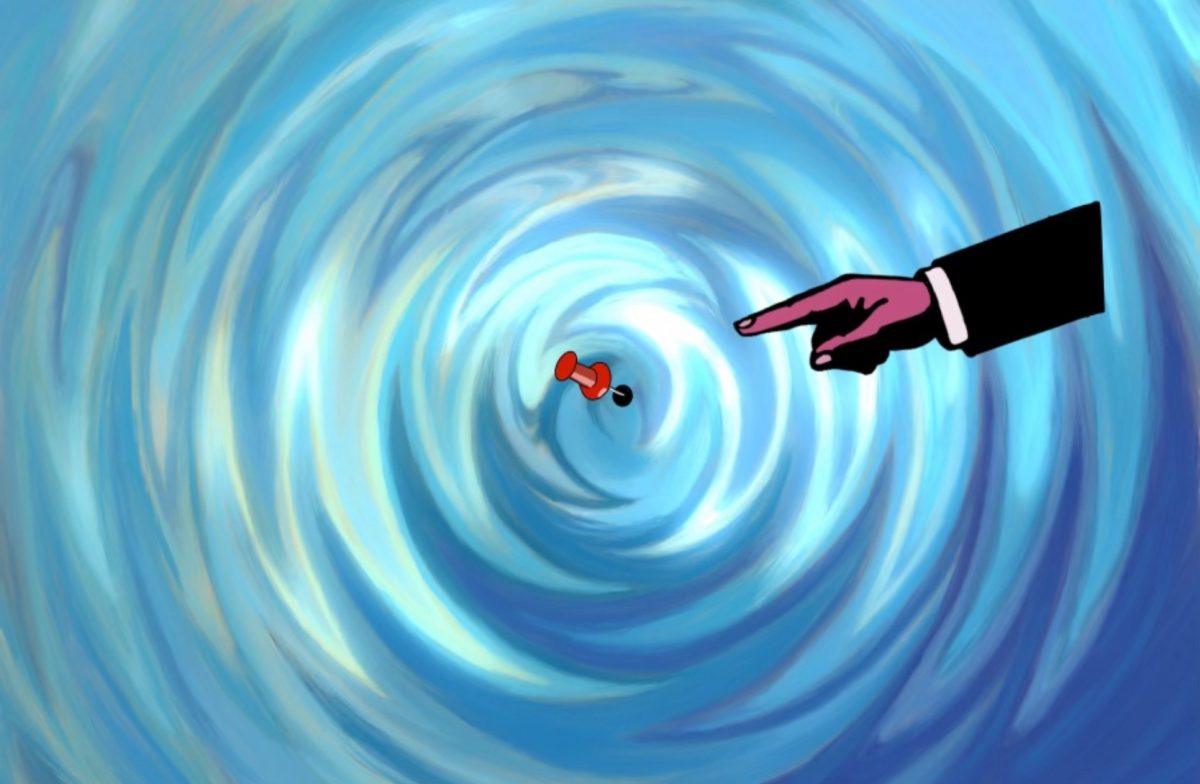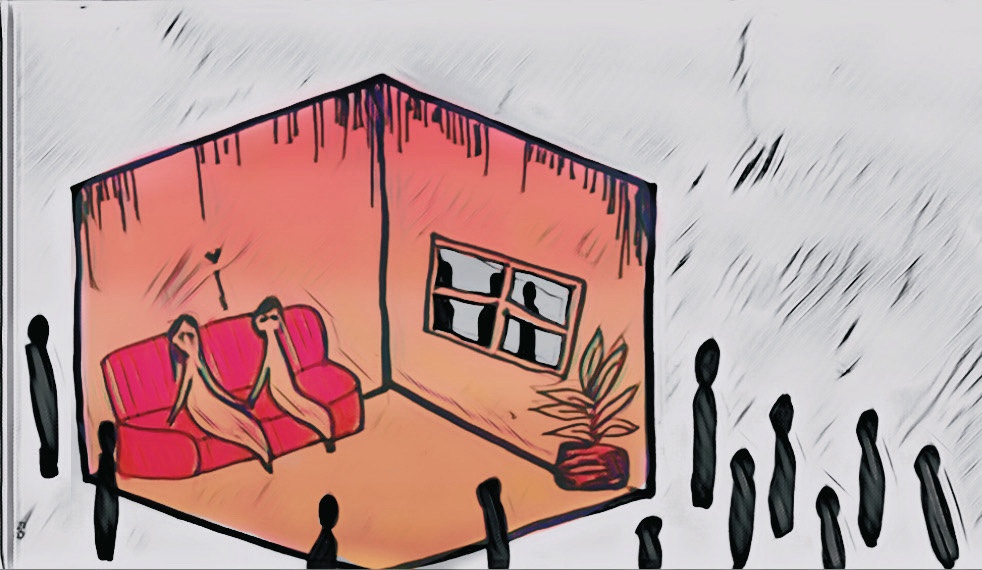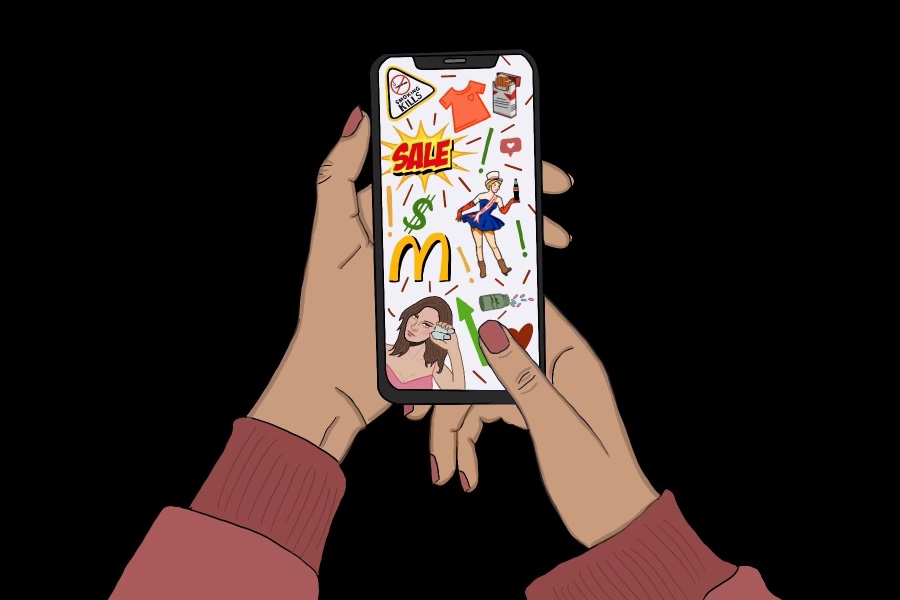Buying music can quickly drain your bank account, especially if each song costs $1.29 on iTunes.Since college students tend to be fairly broke, these costs can seem particularly weighty — unless a cheaper alternative can be found.Piracy has turned out to be that option. Over a two-week period earlier this year, about 35 students had their Internet temporarily suspended for file sharing, according to Troy Headrick, assistant director of the Center for Student Ethics and Standards. Due to the 2008 revisions concerning file sharing in the Higher Education Opportunity Act — an act that provides extra funding for universities — UVM is obligated to take preventative actions.However, these actions can get expensive since University staff have to spend time sorting through violations and enforcing file-sharing policy.It is a vicious cycle. Students pay the University tuition; hence many students do not have the extra money to spend on music. When students resort to illegal downloading, the University has to use the students’ money to pay employees to stop them from downloading; so more of tuition goes to preventing downloading.To avoid this loop-de-loop, music distribution must go through a change. While Pandora and other jukebox websites allow the streaming of music off of the Internet, there still isn’t a way to put music onto iPods without purchasing the song or downloading illegally. Some students aren’t comfortable with illegal downloading either, so they can’t necessarily have access to all the songs they would like. The music industry is missing untapped possibilities.”I definitely feel more legit when I pay for things,” sophomore Erin Krug said. “I have a Pandora account, but I forget to use it sometimes.” Song rental could be an option — allowing students to “check out” music off of iTunes for a six-month time span for highly discounted prices. If the music file expired after a certain amount of time, it would eliminate the threat of the song being passed along, and it would provide students with the cheap access to music they want.Just as libraries allow individuals to photocopy pages of books and take them out of the facility, music could find its equivalent.Students continue to download and the University continues to enforce. Both actions inefficiently use resources.A new musical outlet will save everyone the extra heartache and put money back into pockets — both the students’ and the University’s.







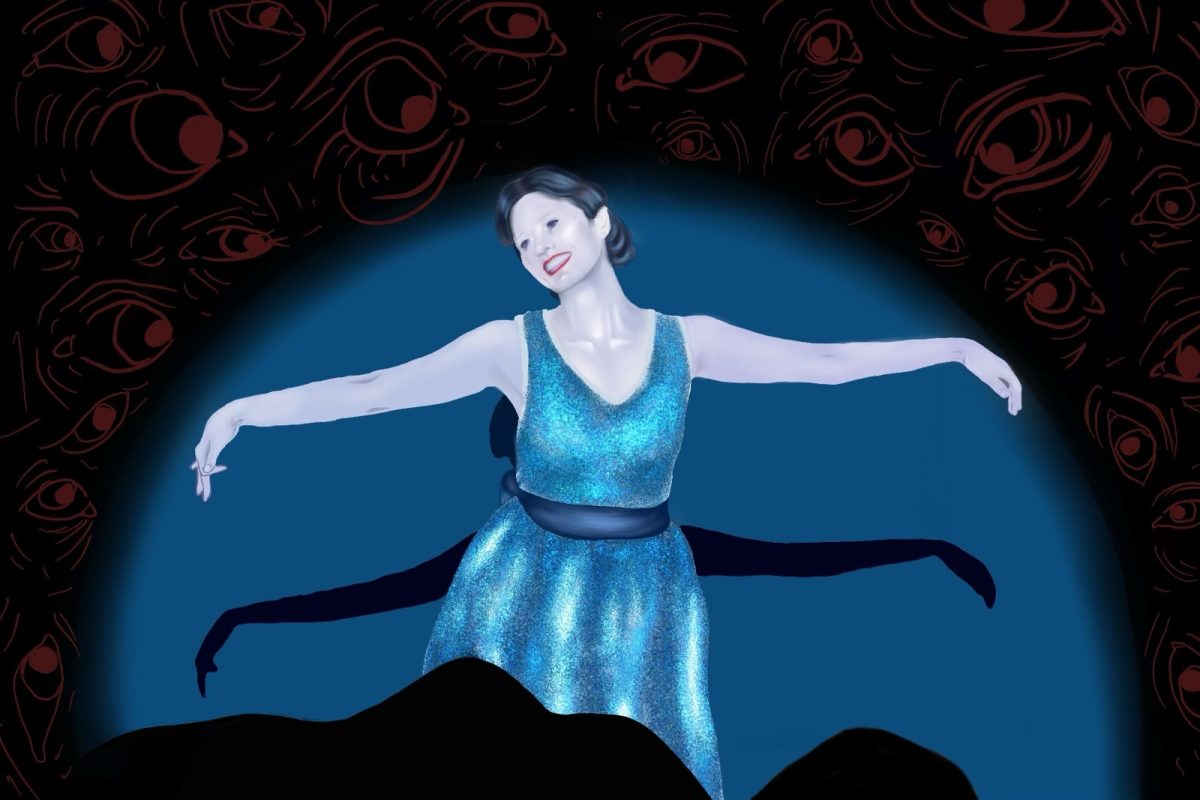
![Can’t buy me [self] love](https://vtcynic.com/wp-content/uploads/2024/04/self-care-FINAL-1200x796.jpg)
